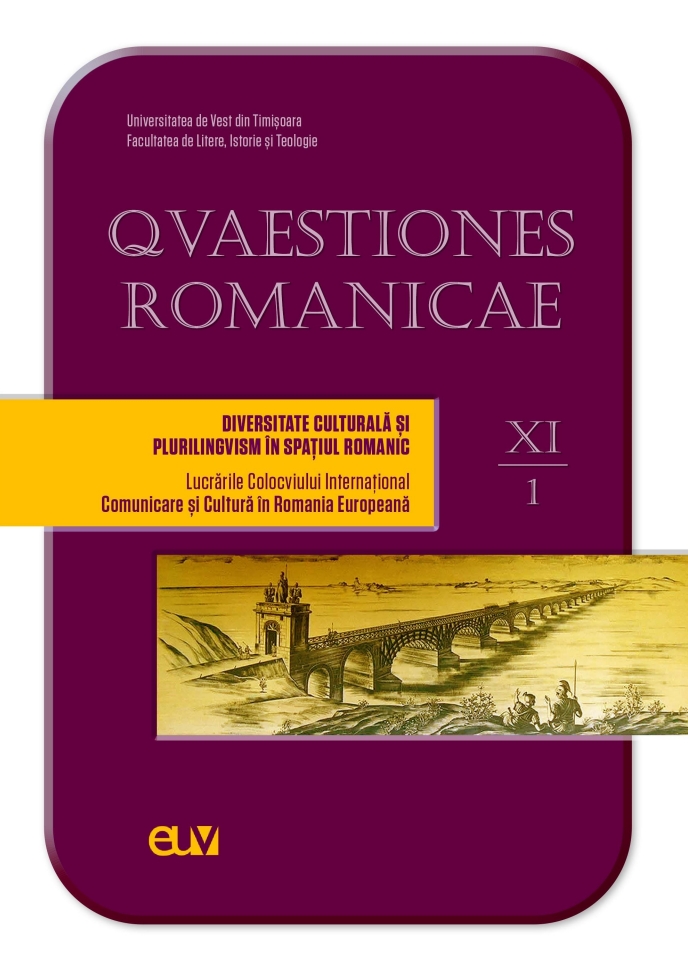Secolul al XXI-lea și schimbarea paradigmei științifice în predarea lingvisticii (cu privire specială asupra sintaxei)
The 21st Century and the scientific paradigm shift in teaching linguistics (with a special focus on syntax)
Author(s): Mihaela SecrieruSubject(s): Social Sciences, Language and Literature Studies, Education, Theoretical Linguistics, Applied Linguistics, Syntax
Published by: Universitatea de Vest din Timişoara
Keywords: Artificial Intelligence (AI); Teaching through AI; Linguistics through AI; Romanian Syntax and AI; Digitalization of Syntax;
Summary/Abstract: We are currently anchored in a trenchant process of changing the cultural-scientific paradigm. As a result, university professors are required to possess the necessary procedural knowledge to envision a new methodological design of academic courses that is based on computer technologies. Specifically, university professors, as exponents of advanced knowledge, are required to address the question of how to teach in the digital era, which we currently find ourselves in. Furthermore, they must also consider how to completely digitize university linguistics such that the fundamentals contents are not lost and the didactic methods and tools have a high educational value. Discussing this topic with other members of the scientific community, it became quite clear that the concerns of digitization that have been explored so far, fall under the extremely well-known phrase Digital Humanities (DH) and Natural Language Processing (NLP), which have become a very clearly defined field over the past 20 years, with valuable reference works, specializations at the Master's level throughout Europe, research collectives, including in Romania, so this topic is officially legitimate, the process being already anchored in the present. It is noteworthy, however, that the domain attributes of DH and NLP are predominantly applied in lexicography, online communication programs, computational linguistics, annotations of computer program architectures, and other applicative domains, rather than being theoretical and targeting the core science. Despite the advancements made in these areas, little has been achieved in terms of the digital transformation of university textbooks in Romanian syntax, and other areas as well. Delivering a textbook in the form of a PDF or scanning some documents is minimal digitization, while true educational digitization requires the production of living, highly interactive textbooks, similar to intelligent apps on mobile phones. Nonetheless, such a revolutionary theoretical and applicative approach must be previewed before it can be realized. Each member of the university community, as mentioned above, must provide minimal answers in this regard, and I will also attempt to do so. I will briefly outline the curriculum contents that I traditionally teach to students in the discipline of contemporary Romanian language syntax and evaluate their longevity in relation to the massive digitization of all human knowledge domains by reviewing provisions from other university programs published on institutional websites.
Journal: Quaestiones Romanicae
- Issue Year: XI/2024
- Issue No: 1
- Page Range: 290-300
- Page Count: 11
- Language: Romanian

